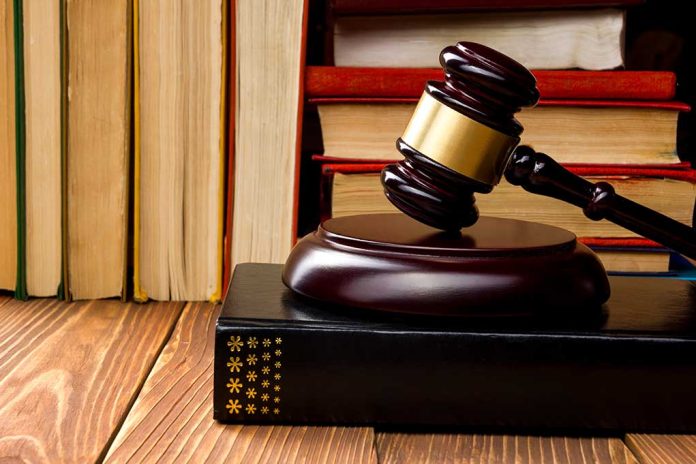
A federal court orders South Carolina to release its voter registration list, marking a victory for election transparency advocates.
At a Glance
- South Carolina must disclose its voter registration list to the Public Interest Legal Foundation (PILF)
- Federal judge rules that the list falls under the National Voter Registration Act of 1993 (NVRA)
- Decision overturns previous policy restricting access to in-state voters
- South Carolina is the fourth state required to provide such information to PILF
Federal Court Mandates Voter List Release
In a significant ruling for election integrity advocates, a federal court has ordered South Carolina to release its voter registration list to the Public Interest Legal Foundation (PILF). This decision makes South Carolina the fourth state required to furnish such information, aligning with the National Voter Registration Act of 1993 (NVRA).
The ruling, handed down by U.S. District Court Judge Joseph Anderson, overturned the South Carolina Election Commission’s previous policy that limited access to in-state voters only.
The NVRA, a federal statute promoting transparency and public access to voter information, mandates that states retain and make available records from federal elections for at least two years. Judge Anderson’s decision reinforces the supremacy of federal law over conflicting state regulations, as stipulated by the U.S. Constitution’s Supremacy Clause.
PILF’s Legal Victory and Its Implications
PILF, a conservative legal group, has successfully argued that states cannot impose additional restrictions, such as residency requirements, on access to voter rolls under the NVRA. This latest ruling in South Carolina follows similar victories in Maine, Maryland, and Illinois, with an ongoing lawsuit in Hawaii.
J. Christian Adams, PILF’s President, emphasized the importance of this ruling for ensuring transparency in South Carolina’s upcoming 2024 elections. The decision is particularly noteworthy given that South Carolina’s governorship and both houses of the state Legislature are controlled by Republicans, highlighting the bipartisan nature of election integrity concerns.
Enhancing Election Integrity Measures
In response to growing concerns about election integrity, South Carolina legislators have introduced a bill aimed at improving voter access to certain records in electronic format. The proposed legislation would mandate county boards to create and furnish electronic records of various election-related documents to qualified electors at no charge. Additionally, it introduces requirements for hand-count audits in at least 10% of precincts following statewide primary or general elections.
The bill also addresses discrepancies found in hand-count audits, requiring investigation and mandatory hand recounts if discrepancies reach or exceed 0.001%. These measures aim to bolster public confidence in the electoral process and ensure the accuracy of election results.
Conclusion
The federal court’s decision to order South Carolina to release its voter registration list to PILF represents a significant step towards greater transparency in the electoral process. As the 2024 elections approach, this ruling will likely have far-reaching implications for election integrity efforts nationwide. While some critics argue that such measures may contribute to unfounded doubts about the election process, supporters maintain that increased transparency is crucial for maintaining public trust in our democratic institutions.






















